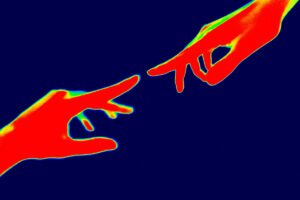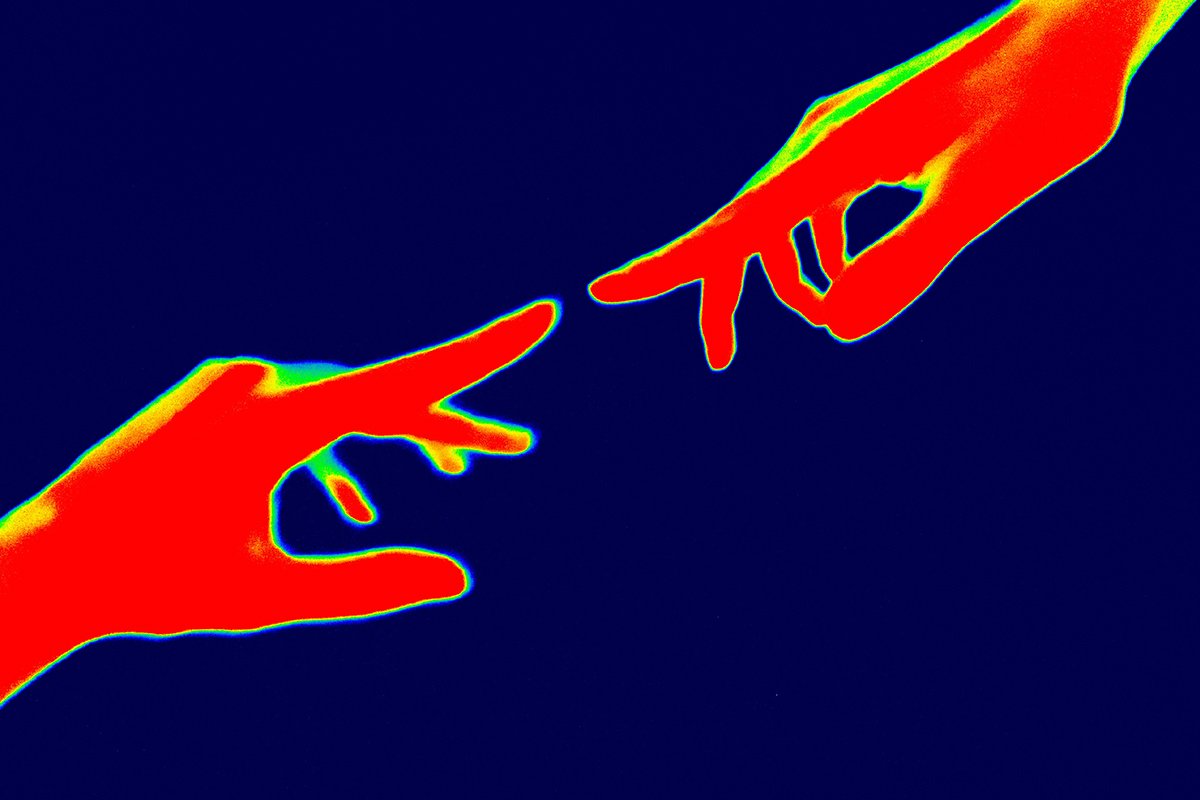
It has become commonplace in recent years to hear warnings that US democracy itself is in danger.
The crippling polarization of Congress; the antidemocratic rhetoric and actions of the far right to undermine voting, education, and academic freedoms, among other aspects of civil society; and, of course, the dark chapter of the January 6, 2020, attacks on the US Capitol—all arguably represent threats to American democracy itself.
But actually measuring an erosion of US democracy is a challenge.
The Brookings Institution, a nonprofit whose mission is to conduct nonpartisan research to improve policy and governance, recently released a report, Understanding Democratic Decline in the United States, which attempts to provide a framework to understand and at least begin to quantify the nation’s “democratic decline.” It offers a sober assessment of the ability of democratic and civil society institutions to withstand not just recent attacks but a longer-standing erosion of democratic governance.
US Democracy Downgraded
The report argues that the United States is undergoing two main forms of such decline in its governing institutions: election manipulation and executive overreach. Each of these factors poses historic challenges to the continuity of democracy, democratic institutions, and civil society. However, the health of a democracy is not as easily measured as other metrics, like gross domestic product or employment rates.
Nonetheless, social scientists have developed tools to assess the health and strength of democratic institutions. And according to the report, many of those assessments have already been applied to measure the strength of US democracy:
To measure the core elements of democracy between countries over time, social scientists have developed a robust toolkit of indices that track and aggregate indicators of electoral processes, political participation, government functioning, and civil liberties. These indices vary somewhat in their measurement strategies, but across the board, they demonstrate substantial erosion of democratic functioning in the United States for years before President Trump’s 2020 election subversion attempt (4).
“Freedom and democracy in the United States is in decline.”The international publication, The Economist, for example, no longer ranks the United States among “full democracies”—a category that includes Canada and much of Western Europe—but rather includes it among “flawed democracies,” countries like Greece, Israel, Poland and Brazil.
Similarly, downcast ratings have come from Freedom House’s report, Freedom in the World, and the “V-Dem” index from the Varieties of Democracy Institute at the University of Gothenburg, Sweden.
“These indices come to a consistent conclusion: Freedom and democracy in the United States is in decline,” the report states.
Election Manipulation
“The American states have diverged substantially in their commitment to democratic practices.”
Perhaps unsurprisingly, the “strategic” manipulation of national and statewide elections is one major source of the present declining state of US democracy. It introduces corruption into the system, which, in turn, undermines democracy as a whole.
“The American states have diverged substantially in their commitment to democratic practices,” the report notes. “While some states have expanded voter access and strengthened impartial election administration, other states have moved in the opposite direction” (6).
The report adds that “Republican control of state government ‘dramatically reduces states’ democratic performance,” according to an analysis by political scientist Jake Grumbach, who developed what the report characterizes as “the most comprehensive and rigorous measure of state-level electoral democracy” available today, dubbed the “State Democracy Index,” or SDI.
Sign up for our free newsletters
Subscribe to NPQ's newsletters to have our top stories delivered directly to your inbox.
By signing up, you agree to our privacy policy and terms of use, and to receive messages from NPQ and our partners.
Grumbach’s research, the report says, “confirms earlier research identifying the association between GOP control and the adoption of measures to restrict access to the ballot (7).”
According to Grumbach’s SDI analysis, “almost all of the states scoring poorly in 2018 have seen very large declines since 2010,” implying that “weak-democracy states have weakened recently and drastically” (6).
Executive Overreach
Meanwhile, the second major threat to American democracy highlighted by the Brookings report, executive overreach or “executive aggrandizement,” occurs between and independently of elections, as executive forces consolidate power and erode the systems of checks and balances meant to constrain them.
One major avenue of democratic erosion, the report says, is the overriding and throttling of the country’s civil service apparatus, which serves as an effective check on executive rule.
“Civil service is essential to good governance, but it is also a critical component of modern democratic practice,” the report states, noting that “government agencies collect and release vitally important data that citizens use to assess whether politicians are doing a good job.”
“To an unprecedented degree, the Trump administration and its allies sought to delegitimize, incapacitate and politicize the independent civil service,” the report adds, noting President Trump’s public pressuring and demeaning of senior officials in the Justice Department, as well as his repeated disparagement of senior public health officials during the outbreak of the COVID-19 pandemic.
“The contemporary Court seems very comfortable expanding the scope of its authority.”
“Civil servants at every level of government experienced retaliation when their work did not comport with the claims or preferences of the [Trump] administration,” the report says, noting that shortly before the 2020 election, President Trump released an executive order that would have allowed him to fire “as many as 50,000 career civil servants” (9).
Meanwhile, the trend of executive overreach has extended beyond the White House and includes the Supreme Court, the report states, whose power “has grown substantially over time.”
“The contemporary Court seems very comfortable expanding the scope of its authority,” the report says, adding, “To the extent judicial decision-making approaches legislating, it violates democratic standards that put the power to make laws in the hands of an elected body.”
At the same time, the Supreme Court “has also narrowed the scope of voting rights protections and expanded its interventions in elections as they occur,” the report states, highlighting the 2013 decision that drastically curtailed the provisions of the 1965 Voting Rights Act.
Another Quiet Alarm
While the ability to measure US democracy could help identify ways to strengthen it in the future, this Brookings Institution report isn’t likely to cause many warning bells to ring in Washington or elsewhere. After all, we are, if anything, already besieged by warnings that US democracy is in danger.
But this report, and the Brooking Institution’s name on it, adds weight to the growing argument that US democracy is in decline and has been for some time now—since before January 6 and before the election of Donald Trump.
Measuring that decline may be tricky; but it’s not futile, the report argues. The measurements available give reason for concern but also offer new tools for grassroots movements and organizations to use to prevent further erosion.












